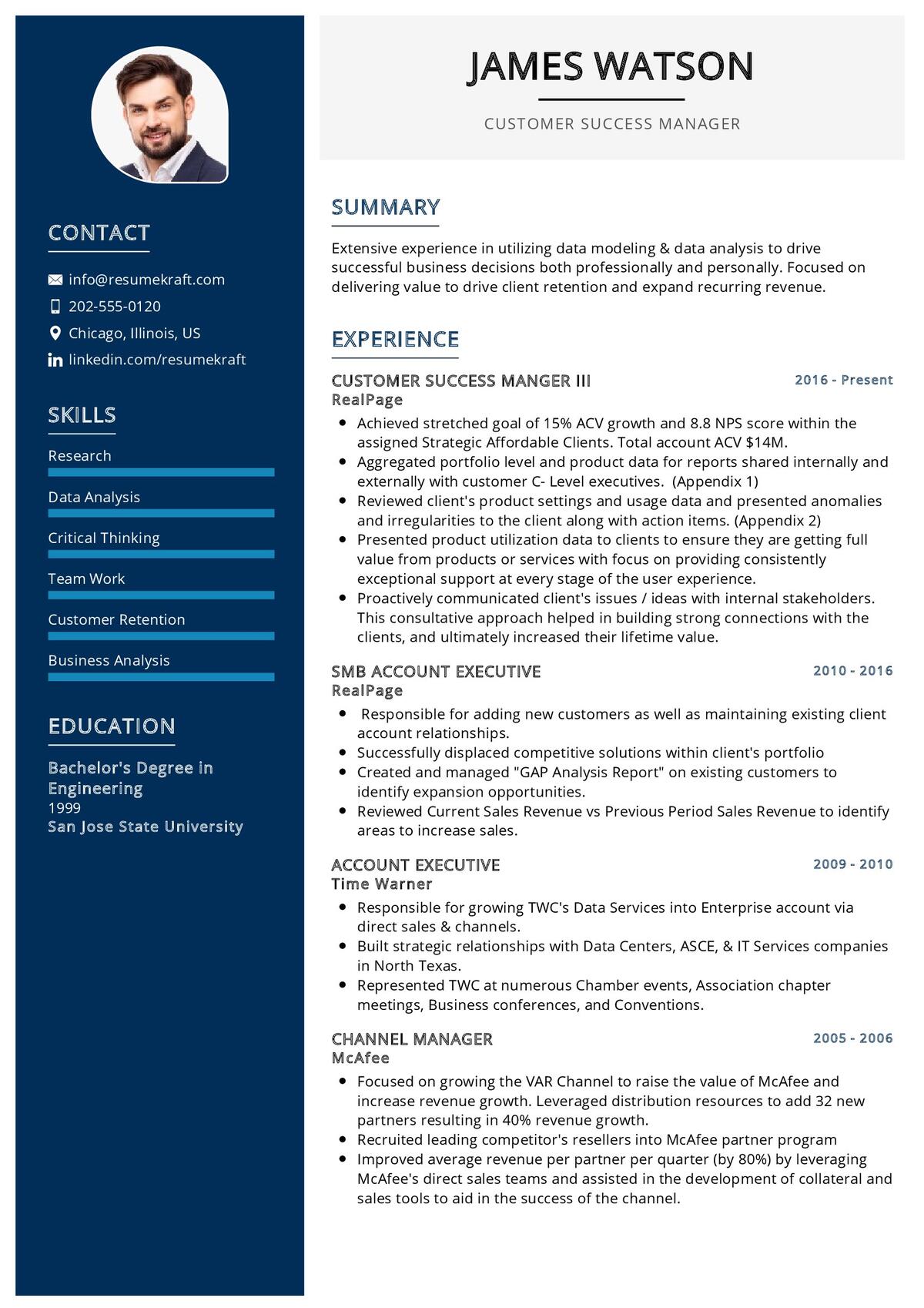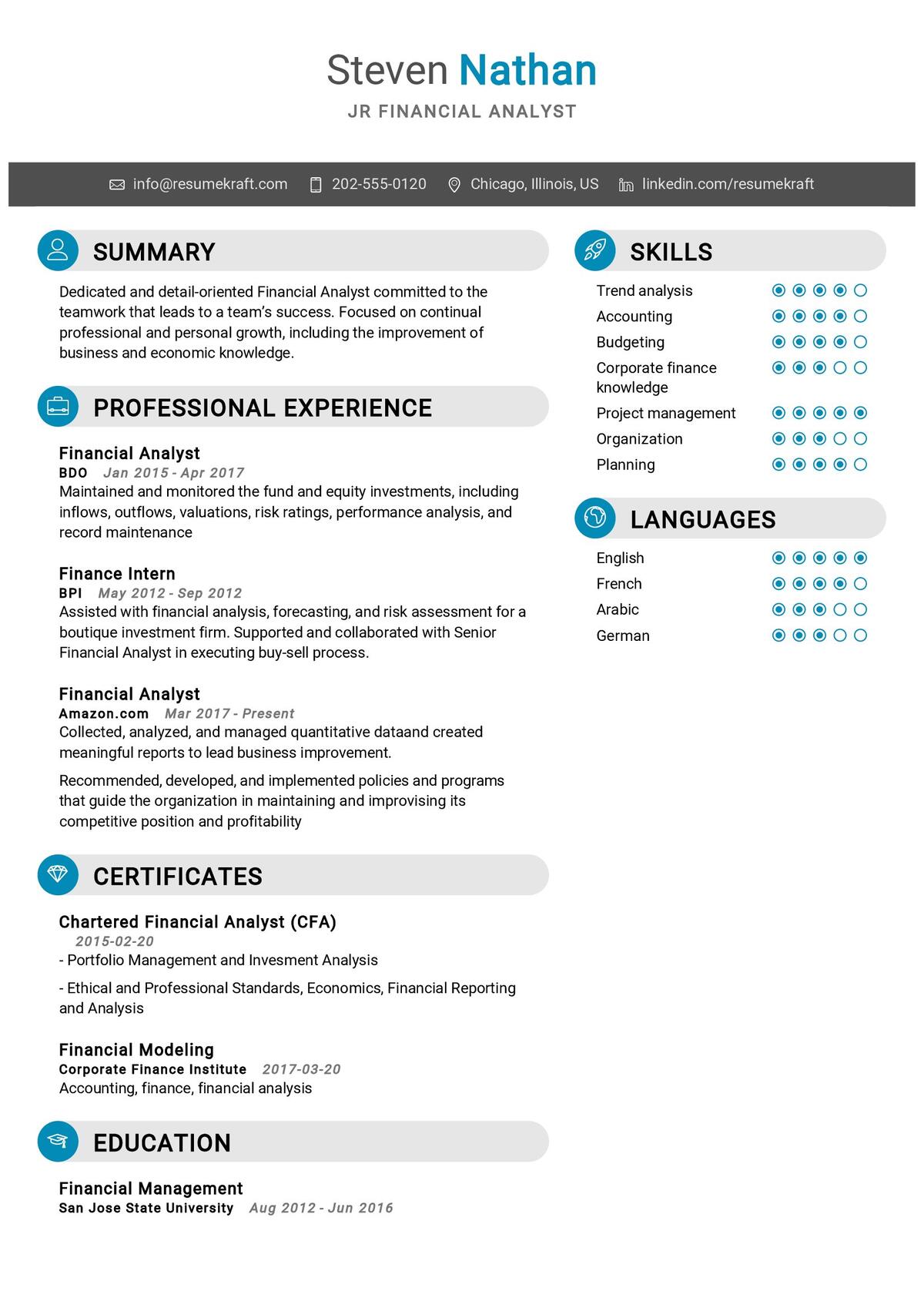
A cover letter is a one-page document that you submit as part of your job application.Your cover letter should be well-written and free of any grammar or spelling errors. The goal is to convince the reader to review your resume and ultimately offer you the job.
In this guide, we will walk you through everything you need to know about writing a cover letter, including what to include, how to format it, and some helpful tips. By the end of this guide, you will have all the tools you need to write a winning cover letter.
Your cover letter is an important part of your job application. It is your chance to introduce yourself and explain why you are the best candidate for the position. Keep it concise and focused on your skills and experience. Use strong action verbs and avoid using pronouns. Be sure to proofread your letter carefully before sending it.
Basics of a cover letter
When writing a cover letter, there are a few basics that you should always include in order to make a good impression on your potential employer. First, be sure to address the letter to the specific person who will be reading it. Second, open with a strong opening sentence that will grab the reader’s attention. Third, clearly state the purpose of your letter in the opening paragraph. Finally, be sure to close your letter in a professional and polite manner and be sure to thank the reader for their time and consideration, and let them know how they can reach you if they have any further questions.
A cover letter for a specific job
If you are writing a general cover letter, you will want to focus on your transferable skills and experience. You can also briefly mention your reason for seeking a new job and what you are looking for in a company.

It is important to tailor your cover letter to each job you apply for, so that you can highlight the qualifications and experiences that are most relevant to the position.
When writing a cover letter, be sure to:
- Tailor the letter to the specific job you are applying for
- Mention your relevant qualifications and experience
- Explain why you are interested in the job
- Highlight what you can bring to the company
- Use proper grammar and spelling
The do’s and don’ts of cover letter writing
When it comes to writing a cover letter, there are a few key things to keep in mind. First, make sure to address the letter to the specific contact at the company. Next, keep the letter concise and to the point. Finally, be sure to proofread the letter before sending it off.
Do:
- Address the letter to a specific contact
- Keep the letter concise and to the point
- Proofread the letter before sending
Don’t:
- ramble on or include irrelevant information
- forget to sign the letter
- send a generic letter that could be sent to any company
How to make your cover letter stand out
Your cover letter is one of the first things a potential employer will see, so it’s important to make a good impression. Here are some tips on how to make your cover letter stand out:
- Research the company and the position you are applying for. This will help you customize your cover letter to the company and the job.
- Start with a strong opening paragraph that will grab the employer’s attention.
- Use concrete examples and accomplishments to demonstrate why you are the best candidate for the job.
- Keep your cover letter concise and to the point.
- Proofread your cover letter carefully before sending it.
By following these tips, you can make sure your cover letter makes a great first impression and helps you get the job you want.
The most common mistakes in Cover letter

- Failing to proofread: A single typo or grammatical error can make you look unprofessional and careless. Always proofread your cover letter several times before you hit submit.
- Not providing enough detail: A cover letter is your opportunity to sell yourself to the hiring manager. Make sure to include specific examples of your skills and experience that relate to the job opening.
- Being too long-winded: Keep your cover letter concise and to the point. The hiring manager doesn’t have time to read a novel, so make sure you get your point across quickly and efficiently.
- Forgetting to include your contact information: Always include your name, email address, and phone number at the top of your cover letter. That way, the hiring manager can easily get in touch with you to schedule an interview.
- Sounding desperate: Avoid sounding desperate or needy in your cover letter. Focus on your qualifications and what you can offer the company, not what the company can do for you.
- Making it all about you: A successful cover letter strikes a balance between showcasing your skills and experience and demonstrating your interest in the company and the specific job opening. Make sure to focus on how you can benefit the employer, not just how the job can benefit you.
- Using unprofessional language: Avoid using slang or overly casual language in your cover letter. Instead, opt for a professional and polite tone.
- Being too formal: On the other hand, you don’t want to sound too stiff or formal in your cover letter. Be careful not to use overly technical language or jargon that the hiring manager might not be familiar with.
- Sending a generic letter: Make sure to take the time to research the company and the specific job opening before you start writing.
- Failing to follow instructions: Make sure to read the job listing carefully and follow any instructions that are provided. If the employer asks for specific information to be included in your cover letter, make sure to include it.
- Not altering your resume: Don’t simply copy and paste your resume into your cover letter. Take the time to tailor your resume to the specific job opening. Highlight the skills and experience that are most relevant to the role.
- Not using keywords: Many employers use applicant tracking systems to scan resumes and cover letters for specific keywords. Make sure to include relevant keywords throughout your cover letter to ensure that your application is flagged for review.
- Sending a blank cover letter: A blank cover letter is just as bad as a generic one. Make sure to take the time to personalize your letter for each job you apply to.
- Making spelling and grammatical errors: A single typo or grammatical error can make you look unprofessional and careless. Always proofread your cover letter several times before you hit submit.
- Not addressing the employer by name: Addressing the employer by name shows that you’ve taken the time to research the company and the specific job opening. It also makes your letter sound more personal and sincere.
- Not providing enough detail: A cover letter is your opportunity to sell yourself to the hiring manager. Make sure to include specific examples of your skills and experience that relate to the job opening.
- Forgetting to sign your letter: Always remember to sign your cover letter. A handwritten signature adds a personal touch, but if you’re sending your letter electronically, you can simply type your name at the bottom.
Cover letters are an important part of the job application process. A well-written cover letter can give you a significant advantage over other candidates by helping you stand out from the crowd. However, there are a few common mistakes that can instantly disqualify you from consideration for a position. Avoid making these mistakes in your own cover letter to increase your chances of landing an interview.
Planning to Write a Resume?
Check our job winning resume samples


A cover letter should include your name, address, phone number, email address, and the date. If you are writing a physical letter, you will also need to include a return address. The opening paragraph should state the purpose of your letter. The body of the letter should explain why you are qualified for the position and why you are interested in the company. The closing paragraph should thank the reader for their time and restate your interest in the position.
One way to make your cover letter stand out is by using a unique or creative format. You can also try to personalize your letter by including a story or example that is relevant to the company or position you are applying for.
Some common mistakes to avoid when writing a cover letter include using a generic or recycled cover letter, failing to proofread your letter, and not tailoring your letter to the specific company or position.
A cover letter should be no more than one page in length.
You generally do not need to include your GPA or test scores in your cover letter.
Your cover letter should be formatted like a standard business letter.
Yes, you can use bullet points in your cover letter.
You can mention hobbies or extracurricular activities in your cover letter if they are relevant to the position you are applying for.
One way to make sure your cover letter is free of grammar and spelling errors is to have someone else read it over before you send it. Another option is to use grammar and spell check.
You should address your cover letter to the specific person who will be reading it. If you do not have a contact name, you can use the title of the position you are applying for.
Conclusion
In conclusion, remember that a cover letter is just as important as your resume when applying for a job. It is your opportunity to sell yourself to the employer and to make a good first impression. Keep your cover letter concise, focus on your strengths and be sure to proofread it before you send it off. Also, don’t forget to tailor your cover letter to each specific job you apply to.
If you take the time to write a well-crafted cover letter, you will increase your chances of getting called in for an interview and eventually getting the job.
Recommended Reading:

